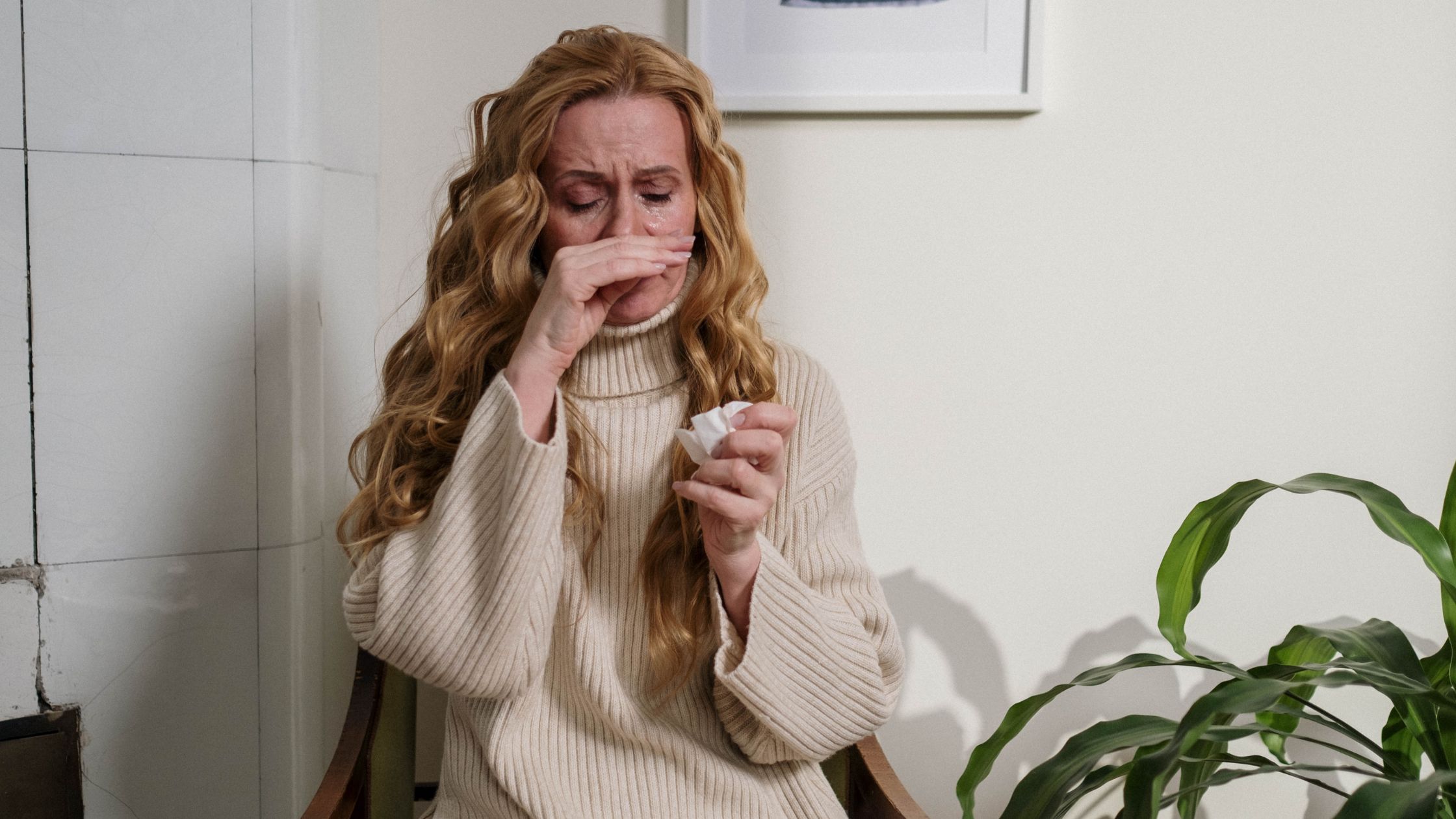As the seasons transition and nature bursts into bloom, many eagerly anticipate warmer weather and outdoor activities. However, for some, this time of year brings the dreaded onslaught of allergy symptoms, casting a shadow over enjoyment. You’re not alone if you find yourself constantly reaching for tissues and battling sneezing fits. Allergy season has arrived. But fear not! You can take measures to alleviate symptoms and fully embrace the beauty of spring.
Understanding Allergies
Firstly, let’s understand allergies. Allergies arise when your immune system reacts to harmless substances like pollen, dust mites, pet dander, or certain foods. Exposure to these allergens prompts your body to release chemicals such as histamine, triggering symptoms from sneezing and itching to more severe reactions like asthma attacks or anaphylaxis.
Home Remedies for Allergy Relief
- Maintain Indoor Air Quality: Invest in a high-efficiency particulate air (HEPA) filter to trap allergens in your home’s HVAC system. Regularly cleaning carpets, rugs, and bedding can also help reduce dust mites and pet dander.
- Minimize Outdoor Exposure: Keep an eye on pollen counts and stay indoors during peak pollen times, usually in the early morning and on windy days. If you must venture outside, consider wearing sunglasses and a hat to shield yourself from allergens.
- Nasal Irrigation: Using a saline nasal spray or a Neti pot can help rinse nasal passages and flush out allergens, providing relief from congestion and inflammation.
- Stay Hydrated: Staying well-hydrated helps thin mucus secretions and maintain moisture in nasal passages. Herbal teas with honey and lemon can also soothe sore throats and coughs.
- Natural Remedies: Some individuals find relief from allergies by incorporating natural remedies such as local honey, quercetin supplements, or butterbur extract. However, it’s crucial to consult with a healthcare professional before trying new supplements, especially if you have underlying health conditions or are taking other medications.
When to Seek Medical Help at MedNow Urgent Care
While home remedies can alleviate mild allergy symptoms, certain situations necessitate medical intervention, significantly if symptoms worsen or persist. Here are indicators that you should seek prompt medical attention:
- Severe Symptoms: If you experience severe allergy symptoms like difficulty breathing, wheezing, chest tightness, or swelling of the face, lips, or tongue, seek emergency medical care immediately, as these could signal a life-threatening allergic reaction.
- Chronic Symptoms: If your allergy symptoms persist despite home remedies and over-the-counter medications, it’s advisable to consult a healthcare provider. They may recommend prescription-strength antihistamines, nasal corticosteroids, or other allergy medications to manage your symptoms better.
- Secondary Infections: Allergies can weaken the immune system, making you more susceptible to respiratory infections such as sinusitis or bronchitis. If you develop a fever, green or yellow nasal discharge, facial pain, or a persistent cough, visit an urgent care center for evaluation. Depending on the severity of the infection, your healthcare provider may prescribe antibiotics or oral corticosteroids to help clear the infection and reduce inflammation.
So, while allergy season may present challenges, proactive steps can help you manage your symptoms effectively and fully enjoy the splendor of spring. Stay informed about pollen counts, implement home remedies for relief, and seek medical help with us when necessary. Taking control of your allergies allows you to breathe easier and make the most of the season ahead.

